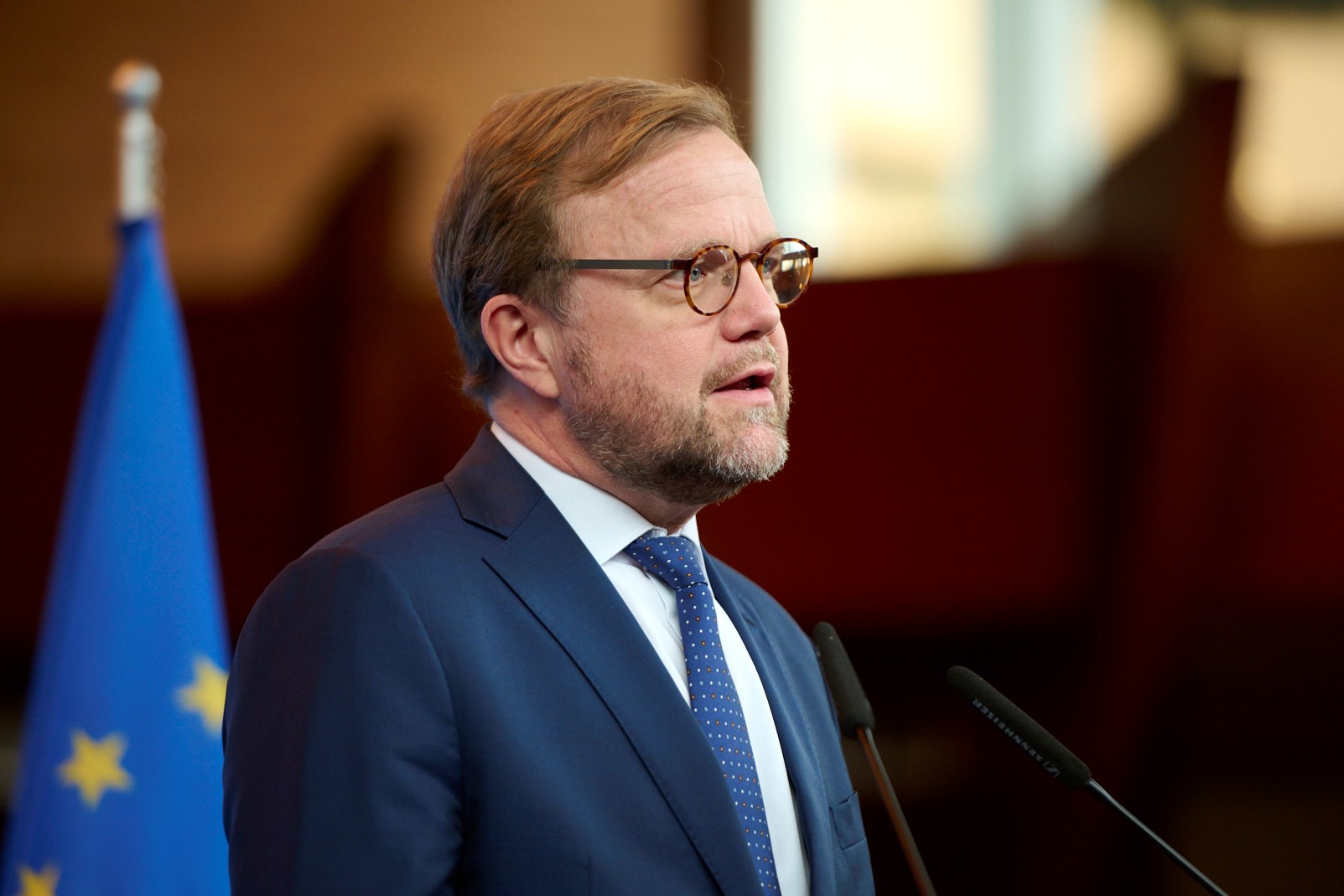Why is the Council of Europe needed today, Deputy Secretary General Bjørn Berge?
We asked the Deputy Secretary General of the Council of Europe, Bjørn Berge, why Europe’s oldest cooperation organization, founded in 1949, is still needed and how its activities benefit Finnish citizens. This year the work of the Council of Europe will receive more recognition when the member states organize visibility events around Europe with the support of the Deputy Secretary General.
Around 40 member states of the Council of Europe have already decided to organize a national visibility event with your support – Finland will also hold its first one in Turku next May. Why does the Council of Europe need more visibility?
It is crucial to raise citizens’ knowledge and understanding of the work of the Council of Europe. Very few know that the Council of Europe safeguards fundamental rights in Europe today. We need to explain to the general public what this means for each of us as citizens of Europe. By telling the story of the Council of Europe, we can also help people understand the importance of multilateral cooperation and, more generally, make them appreciate the work of international organizations.
In what ways does the Council of Europe serve its citizens in the member states?
Today we have the same rights in different European countries: You and I, we can write an article in a newspaper or organize a demonstration in the streets of our hometown. We have the right to a fair trial. This is all based on the European Convention on Human Rights. Far too often these rights are taken for granted, and we do not reflect on them or how they were achieved.
The judgments by the European Court of Human Rights have harmonized legislation in all European countries. Due to the judgments, the member states have developed their national legislation to be in line with the fundamental principles of the European Convention on Human Rights. This has helped individuals, ordinary citizens, and sometimes changed entire societies. For example, one famous Court judgment fundamentally transformed Irish society, granting full civil and human rights to homosexuals. Today Irish people celebrate this change, but, at the time, it was a struggle.
I could give many similar examples of the importance of the Court judgments concerning other member states. Unfortunately, people do not know these stories very well, which further underlines how important it is to raise awareness about the Council of Europe.
After the Second World War, the Council of Europe was one of the key institutions established to ensure that the same would never happen again. However, after Russia attacked Ukraine, war entered into our daily reality. What do you think is the most important role of the Council of Europe in Ukraine?
Ukraine is a very important member state of the Council of Europe, and we do everything we can to help Ukrainians. Even before the war, the Council of Europe supported, for example, the reform of the Ukrainian justice system, the development of democratic institutions, and the eradication of corruption. Now we also help Ukrainians to investigate war crimes and serious human rights violations committed by the Russian Federation, and we support the functioning of the Ukrainian legal system in war. The situation is very challenging, but we are adjusting our operations and trying to be as helpful as we can. In the long term, there is also the whole rebuilding of Ukraine ahead.
How do you see the situation in Europe in general?
In Europe, the threat of aggressive nationalism is on the rise again. We all know from history how dangerous the consequences might be. Different political forces also question and challenge the democratic model. One important and interesting example of this trend is a survey conducted a few years ago. In the survey, young Dutch people were asked how important it is for them to live in a democracy. Only one out of three respondents thought living in a democracy was essential. Unfortunately, the situation is similar in many European countries. If we lose the young generation, how will Europe look in twenty or thirty years?
In our upcoming event, we will focus on the local level. What role does the local or regional level play in the realization of democracy, human rights, and the rule of law?
That is where it all starts. The local level is the point of departure where people meet face to face and where we see democracy in practice. We need to involve local people and communities better in political decision-making and also in elections. There has been a significant drop in voter turnout in many European countries.
The local level can also lead the way. We are used to thinking that our cities are the engines of growth and innovation, but digitalization challenges this idea. For example, in Sweden, the small town of Duved is trying to rethink our way of life and develop a new democratic model to involve the citizens more and engage them in political decision-making. I like these types of ideas, and we cooperate with them. We need be open to examining new, innovative ideas and also willing to further develop our democratic model.







